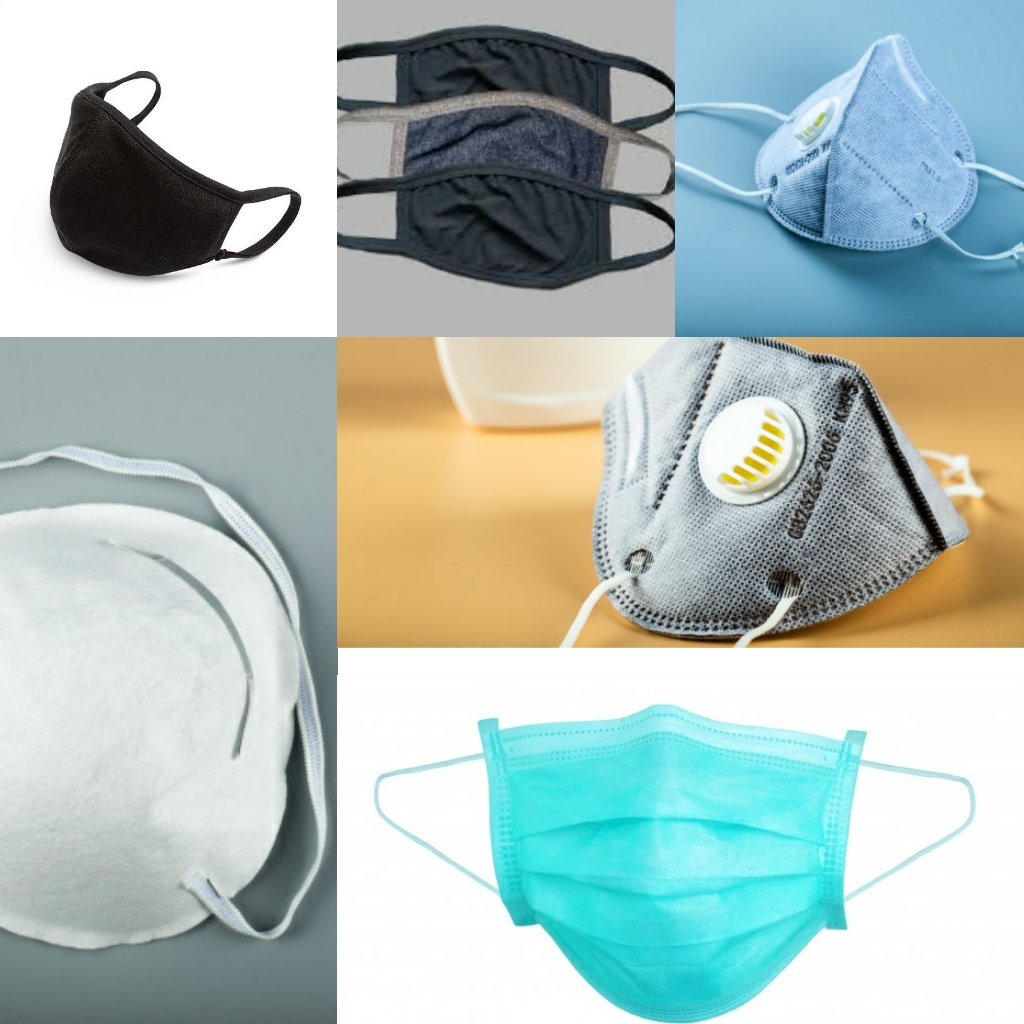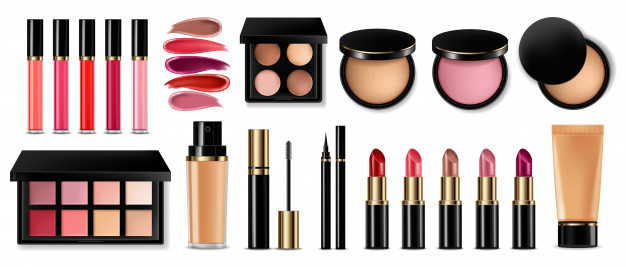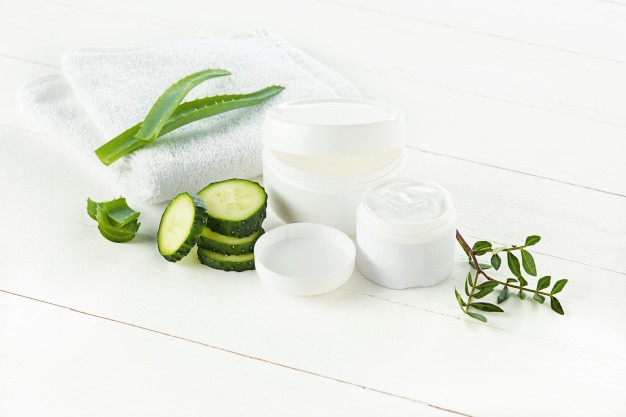As we enter this new normal, it means adjusting to changes in our daily routine, from working from home to meticulously planning our weekly trips to buy groceries. As with the new order, it is now compulsory to wear a face mask whenever you’re out in public.
No matter if you’re a health care worker wearing a medical mask on the front lines, or you’re wearing a fabric face covering out on a daily sanity walk, you’ll soon discover that in addition to keeping you safe, your face mask may be causing some less than desirable side effects when it comes to your skin, because any fabric rubbing against your skin may lead to friction and irritation.

A combination of oil, sweat, dirt, and makeup can build up under the fabric, which can lead to rashes or even acne breakouts, especially in areas where the mask directly comes in contact with your skin.” In more serious cases, like those of medical workers wearing PPE masks for hours, your skin may start to break down and serious bruising can take place due to the constant rubbing.
In addition to the mask itself creating skin irritation, there’s the fact that you’re trapping your own breath and creating a warm, moist environment. Skin under a mask can get sweaty and damp from the moisture in your breath, and this can make it susceptible to breakouts and irritation.
5 ways to treat and prevent skin irritation from face masks.
Consider the fabric of your mask
Whether you DIY a mask with a bandana or purchase one from a small retailer, the fabric you are using can make a big difference. Across the board, experts recommend avoiding synthetic materials and picking something soft and natural like cotton.

Keep in mind, though, that breathable fabrics are more likely to filter air in. Dermatologist Dr Shari Marchbein recommends layering tightly woven cotton to keep you protected.
Give your makeup some time off
If you can, it is a good idea to let your skin breathe when wearing a mask out and about. In addition to the fact that no one is really paying attention to your skin right now, the mask is likely to remove makeup as it rubs against your skin.

That makeup can cause further occlusion of oil glands and pores potentially making breakouts worse. Ditch your foundation and focus on a cool eye shadow if you still want to play with makeup.
Shelve any strong cleansers or exfoliators for now
While you might be tempted to attack your chin area with heavy-duty products to keep it clear, now is the time to really baby your skin to keep it protected. It is important to use ultra gentle skin cleansers and moisturizers. Harsh facial cleansers can disrupt the outer skin layer, leading to dryness and inflammation. This makes it more likely that you’ll develop irritation from a mask sitting on your face. It’s best to stick to gentle, simple formulas.

If you’re experiencing breakouts already, adding salicylic acid to your routine is recommended. Using a cleanser that contains salicylic acid is great because it’s a very gentle way to incorporate the ingredient, and it can be washed off. Salicyclic acid cleans deep inside your pores to reduce excessive oils and sebum.
Cleanse your face as soon as you take off your mask
In addition to a moist environment, the friction of the mask itself can cause breakouts. Aesthetician Renée Rouleau describes your pores as pipes — whenever you wear a mask, the pressure causes the “pipes” to get bent out of shape, which can cause oil blockage and lead to breakouts.

In an ideal world, you would come home, take off your mask, wash your hands, and then wash your face to prevent that oil blockage. But if you can’t for whatever reason, it is recommended that you swipe with an anti-bacterial toner to quickly clean your face and kill off any acne-causing bacteria every time you remove your mask.
Ease rubbing with a barrier cream
Keep an extra close eye on your skin since it might need special care after using a mask. If you are having break outs, focus on spot treatments and acne cleansers. Also, if you are developing a rash or dryness, look for healing, soothing products. If you’re prone to irritation, it is recommended that you use a thick barrier cream.

If you’re a healthcare worker wearing a mask for days on end, your skin can be particularly damaged thanks to a tight-fitting mask. This can result in cuts or abrasions on your skin. It can also cause redness and bruising (especially under your eyes and around your nose where the skin is thinner), irritation, and post-inflammatory hyper-pigmentation, meaning darkening of the skin in those areas.
The goal is to decrease the tension and friction, and lubricating your skin with occlusive ointments and dressings can do just that.
If you’re worried about bruising, arnica gel can help minimize the effects, and over the counter 1% hydrocortisone cream can be used for any rashes or itching.
If after a few days of trying these remedies, your skin isn’t improving, then you should consider visiting with a dermatologist to talk through your routine.
The original idea for this article was gotten from Glamour Magazine UK.
